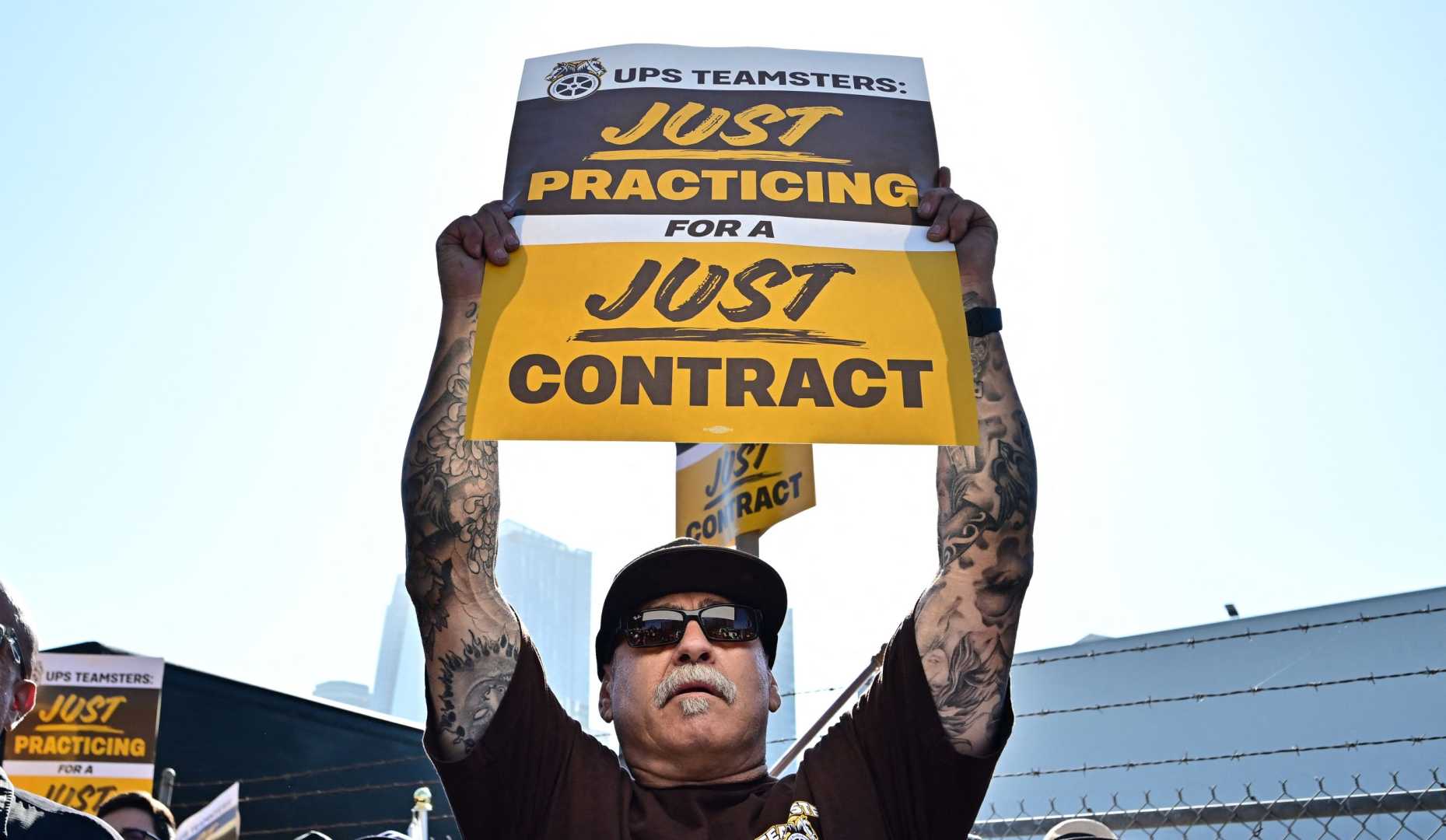Politics
Teamsters Union Declines Presidential Endorsement Amidst Member Divisions

The International Brotherhood of Teamsters announced on Wednesday that it would not endorse a candidate for the upcoming presidential election. This decision came despite efforts from both major parties to secure support from the nation’s largest union.
The union’s General Executive Board made the decision following a vote that revealed a split among its 1.3-million-member base and a lack of substantial commitments from either Vice President Kamala Harris or former President Donald Trump on key labor issues.
This marked a departure from the union’s historical support for Democratic candidates, such as Joe Biden in the 2020 election and Hillary Clinton in 2016. The lack of endorsement is particularly significant for Harris, as the union’s backing has been seen as influential in key battleground states like Pennsylvania, Michigan, and Wisconsin.
Teamsters General President Sean M. O’Brien cited the major candidates’ inability to provide assured commitments on labor concerns as a primary reason for the union’s stance. “Unfortunately, neither major candidate was able to make serious commitments to our union to ensure the interests of working people are always put before Big Business,” O’Brien stated.
O’Brien encouraged members to remain politically active and to make informed decisions despite the lack of a formal endorsement. “Democrats, Republicans, and Independents proudly call our union home, and we have a duty to represent and respect every one of them,” he said.
An electronic poll conducted within the union showed that rank-and-file members preferred Trump over Harris, signaling a shift towards Republican support. This poll reversal happened despite previous backing of President Biden over Trump before Biden’s withdrawal from the race.
The Trump campaign highlighted the poll results, suggesting it reflects a strong preference for Trump’s presidency among union members, despite the union leadership’s decision.
The Teamsters’ decision to abstain from endorsing highlights a broader trend of shifting political allegiances among labor unions, influenced heavily by candidates’ policies and commitments.












